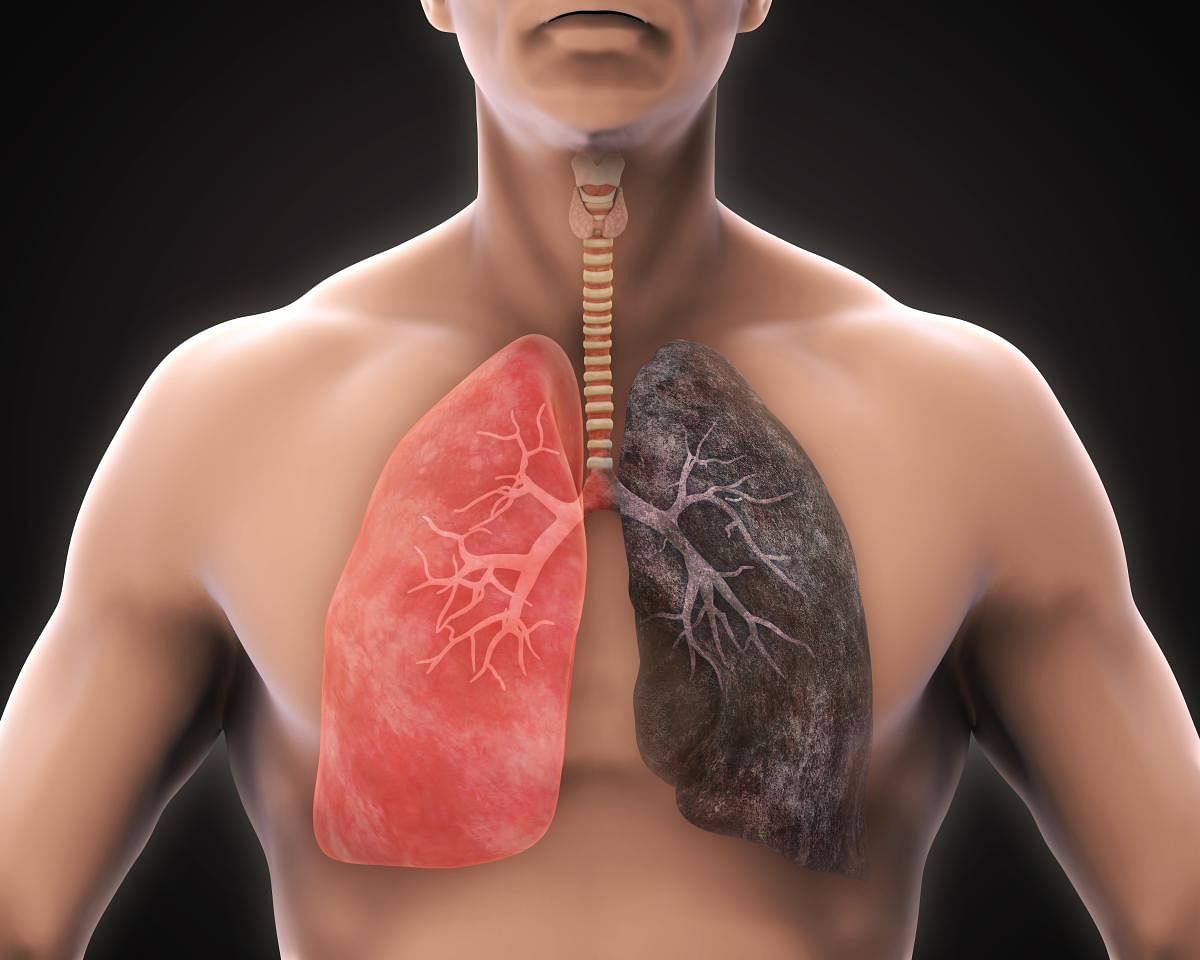
Tuberculosis (TB) is one of the world’s deadliest infectious diseases, killing more than 1.5 million people every year. On World Tuberculosis Day today, India has the world’s highest share of TB cases due to factors such as congested living conditions, poor sanitation, limited access to affordable medical care, and delayed diagnosis. This infectious airborne disease killed 4,49,000 people in India in 2018 and is a major cause of concern for the Government of India (GoI), which is taking strong, evidence-based steps to contain TB. But with tobacco use contributing to 38% of TB deaths, we must also have strong plans to deal with tobacco use.
The burden of TB can be reduced by addressing known risk factors, including other health conditions and tobacco use. TB can cause complications in the course and treatment of many health conditions, including diabetes, and similarly these health conditions increase the risk of acquiring TB and/or rendering TB treatment as ineffective. Death and disease related to both tobacco consumption and TB is a major public health problem, responsible for significant losses in terms of mortality, health and the economic burden. The recent Global Adult Tobacco Survey (GATS 2) report revealed that one in ten adults in India smokes tobacco: 19% of men and 2% of women. The report also confirms second-hand smoke as a growing cause of concern in India, particularly in households where 38% of adults were exposed to second-hand smoke — another risk factor for TB. Several studies have been conducted to assess and analyse the association between TB and tobacco use. It has been found that tobacco use weakens the immunity of a TB patient, and tobacco smoke itself contains toxic chemicals that harm the lungs. Tobacco use contributes to almost 38% of TB deaths. Smokers are three times more likely to suffer from recurrent TB than non-smokers and mortality from TB among smokers is higher than among non-smokers. Research has been able to link mass media campaigns directly and indirectly to changing health-related behaviour across populations. India was the first country to launch a national mass media campaign highlighting the risk of TB caused by tobacco use. The public service announcement, ‘Cough’, shows that if a smoker has a persistent cough over two weeks or more it could indicate the presence of TB, and they should visit a doctor.
(The author is vice president, Global Policy
& Research, Vital Strategies)